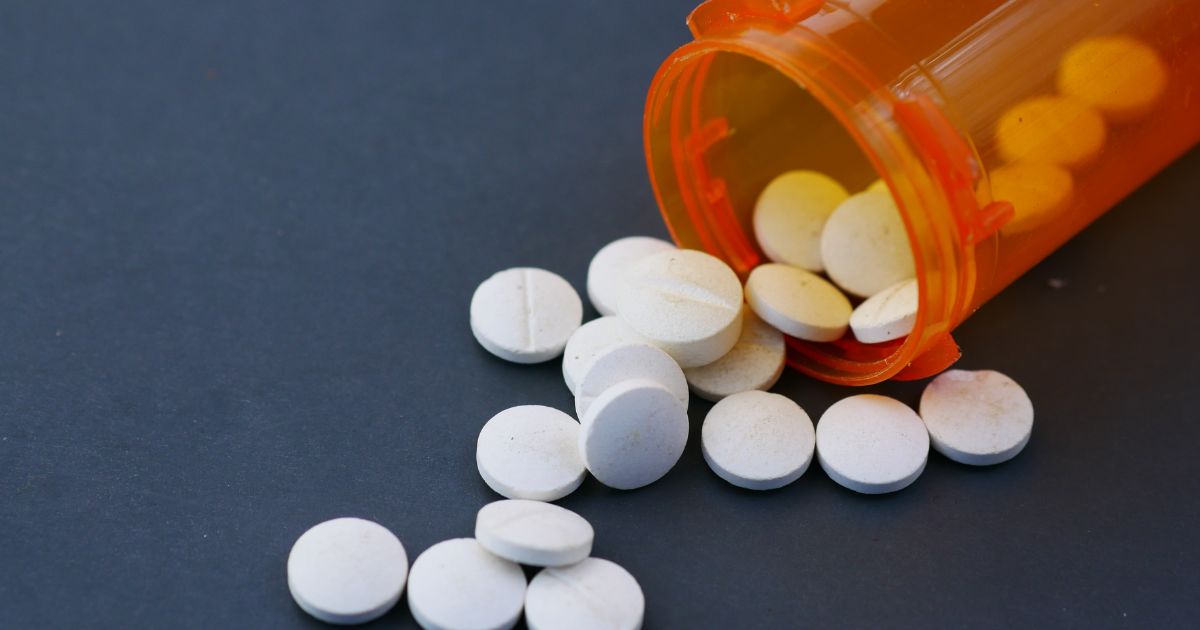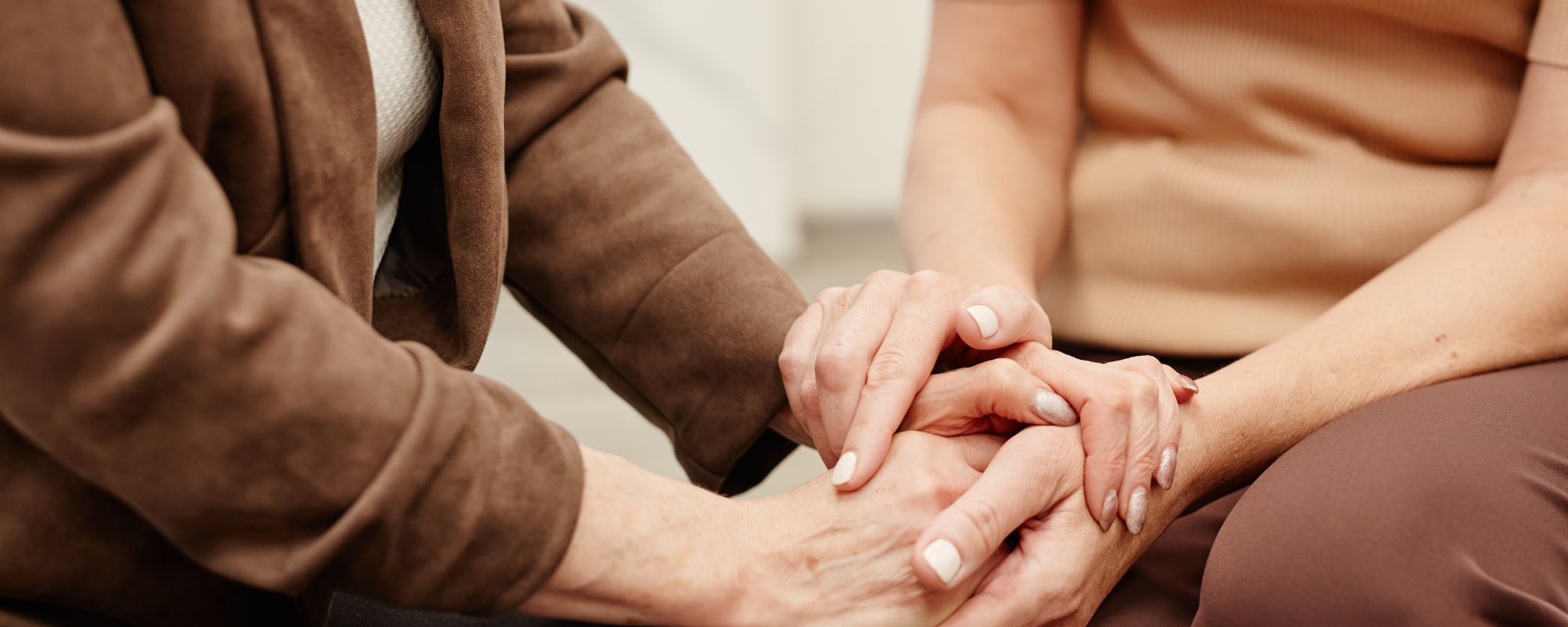Going to college or university is often synonymous with partying or entering a stage of life where binge drinking and drug experimentation is the norm. We know that many addicts and alcoholics in recovery dread going to college, simply because their values and beliefs do not “fit in” with college culture. “Rates of substance use disorders (SUD) triple from 7% in adolescence to 20% in early adulthood, making this developmental stage critical to young people’s future” (Laudet).
With high relapse rates, a support system in the college atmosphere is essential to successfully maintaining sobriety and working a program of recovery. Going to college is a threat to sobriety, as college campuses often are referred to as an “abstinence-hostile environment”; “The need for recovery support is especially high for SUD-affected college students: Attending college and transitioning into adulthood can both be demanding, offering new freedoms but also less structure and supervision” (Laudet). In such an environment where drug use and drinking is the norm, students in recovery need a place where they can find solace in a community of like-minded individuals, a community of recovery that supports sobriety.
What is a Collegiate Recovery Program?
A collegiate recovery program, or CRP, is a program that is created specifically to help those who are in college and recovering from substance abuse or addiction. According to the Association of Recovery in Higher Education, a collegiate recovery program is “a College or University-provided, supportive environment within the campus culture that reinforces the decision to engage in a lifestyle of recovery from substance use. It is designed to provide an educational opportunity alongside recovery support to ensure that students do not have to sacrifice one for the other” (ARHE).
What Does a Collegiate Recovery Program Do?
Collegiate Recovery Programs differ from college to college, however, all CRPs provide support and resources for those who are recovering from alcoholism or drug addiction. Some CRPs provide medication-assisted treatment, but that is a rare occurrence. Most CRPs hold support groups and meetings that are aimed to give its members support and access to resources from anything like 12-step meetings to addiction treatment centers. CRPs also host sober events and outings for its members, providing chances to have fun without losing focus of reaching their full potential as college students. “While CRPs vary in orientation, budget, and in the breadth of services, most are peer-driven, 12-step based, provide onsite support groups, sober events, and seminars on SUD (substance use disorders) and recovery” (Laudet). Collegiate Recovery Programs serve students in recovery by offering guidance, support, and a community to create an environment conducive to long term and lasting sobriety.
Manny Delaveris’ Story— Ohio State University
Manny Delaveris accredits his success in overcoming his opioid addiction to the support and community he found in the Ohio State University’s Collegiate Recovery Program. After a year of sobriety, Delaveris was working towards making the Dean’s List at Ohio State University, but he found himself feeling empty and closer to the drugs he once vowed to stay away from. Soon after running into an old friend he used to get high with, Manny relapsed, and found himself feeling emptier than before.
“Delaveris is one of the lucky ones — he belonged to Ohio State University’s Collegiate Recovery Community, which offers a home to students struggling to stay sober. When he finally broke down and asked the program’s managers for help, ‘They were nothing but supportive,’ he said. They helped him get into treatment and, he says, saved his life” (Sherman). Delaveris finds support, comfort, and solace among the other students in Ohio State’s collegiate recovery program.
The collegiate recovery community lounge at Ohio State University has become Manny Delaveris’ safe haven, a place where he and others in recovery can go for support. “Ohio State’s Collegiate Recovery Community began in March 2013, after a student emailed administrators with pleas to help people in recovery. Today, it occupies a multi-room suite on the 12th floor of a tower overlooking the river that cuts through campus. There’s ’80s board games, foosball, free printing — a luxury on college campuses — and whole rooms devoted to meditation and watching television. Visiting members splay across the couches and put their feet on cushions with easy familiarity. With its fluorescent lighting and standard-issue dorm-room carpeting, the suite could be mistaken for any other student club’s meeting space” (Sherman).
Collegiate Recovery Programs Operations
CRPs have a strong group of recovering addicts behind it, leading the program to make as much of an impact on campus as possible. The Ohio State University’s CRP provides “… individualized help, support group meetings, and social outings like sober tailgates. It also created “Recovery House,” a dorm whose occupants must refrain from using drugs or alcohol on its premises, and spearheaded an initiative requiring Ohio State’s pharmacy and campus police to carry the anti-overdose drug naloxone” (Sherman). Most participants of a Collegiate Recovery Program are zealous individuals who want to make a lasting impact by starting initiatives and other projects that aim to help other students struggling with an addiction.
What Colleges or Universities Have a Collegiate Recovery Program?
Currently, many universities and colleges have a collegiate recovery program presence, which is amazing. Here is a list of some institutions who have a collegiate recovery program or collegiate recovery community:
- University of California, Santa Barbara
- Marymount California University
- The University of Utah
- University of Colorado at Boulder
- Southern Oregon University
- University of California, Davis
- Santa Clara University
- Oregon State University
- University of California, Los Angeles
- University of Denver
- University of Wisconsin, Madison
- University of Michigan
- University of Minnesota, Rochester
- The University of Iowa
- The Ohio State University
- Northwestern University
- Purdue University
- Iowa State University
- Kent State University
- Michigan State University
- Indiana University, Bloomington
- Illinois State University
- West Chester University
- University of Massachusetts
- University of Vermont
- University of Pittsburgh
- University of Southern Maine
- Rowan University
- The College of New Jersey
- Pratt Institute
- Rutgers University
- Saint Joseph’s University
- Penn State University
- Montclair State University
- Monmouth University
- Brown University
- Fairfield University
- Boston University
- West Virginia University
- Virginia Tech
- University of Virginia
- University of North Carolina, Charlotte
- University of Delaware
- University of Maryland
- Towson University
- The George Washington University
- East Carolina University
- The University of Tampa
- Tulane University
- University of Alabama
- University of Kentucky
- University of Central Florida
- Mississippi State University
- The University of Georgia
- Auburn University
- The University of Texas, Austin
This lengthy list doesn’t even cover all of the colleges and universities who actively offer a collegiate recovery program or collegiate recovery community. Staying sober in college doesn’t have to be a challenge when addiction recovery is supported in a higher education atmosphere.
Ending the Stigma
Most college students find nothing wrong with binge drinking or drug experimentation. Part of college culture teaches students to ignore unhealthy habits when it comes to consuming alcohol or using drugs. Because of the stigma around addiction, most students will never identify themselves as a drug addict or alcoholic, until their behaviors have led to various consequences that cannot be ignored. Only then will students consider that their behavior may be a problem that they cannot control by themselves. This is when a recovery community’s presence on campus really makes an impact. There are college students who recover from addiction and alcoholism, and their stories may change the minds and lives of many people on campus who have been justifying their own substance abuse.
The Impact
Without the strong group of people involved in each Collegiate Recovery Program, students around campus may still be struggling with their addiction and not knowing where to look for help. Because of the stigma around addiction and alcoholism, many students will suffer in silence— believing that their alcohol or drug use is just normal for college, or believing that they are somehow a failure. CRPs fight the stigma attached to substance abuse, giving college students the chance to overcome their substance use disorder, allowing them to refocus and maintain sobriety as they continue to study in pursuit of a degree.
Students who are a part of collegiate recovery programs will have an endless source of support from other like-minded individuals, who choose to stay focused on bigger and better things while they are in college, not succumbing to the “college culture” of partying and recklessness. Staying sober in college is possible, and joining a collegiate recovery program will make it easier than you ever imagined.
Reach Out
If you or someone you know is struggling with an addiction, please reach out to us at (877)-RECOVERY or (877)-732-6837. Our team of addiction specialists make themselves available to take your call 24 hours a day, 7 days a week. Because We Care.
References:
- ARHE. “Programs.” Association of Recovery in Higher Education: ARHE, ARHE, collegiaterecovery.org/crps-crcs/
- Laudet, Alexandre B et al. “Characteristics of students participating in collegiate recovery programs: a national survey.” Journal of substance abuse treatment vol. 51 (2014): 38-46. doi:10.1016/j.jsat.2014.11.004
- Sherman, Carter. “After Decades of Letting Students with Addictions Fend for Themselves, Colleges Are Starting to Help.” VICE News, VICE News, 6 Sept. 2017, news.vice.com/en_us/article/mb9kq4/collegiate-recovery-addiction-on-campus
- “Starting a Collegiate Recovery Program.” Association of Recovery in Higher Education: ARHE, ARHE, collegiaterecovery.org/starting-a-collegiate-recovery-program/









